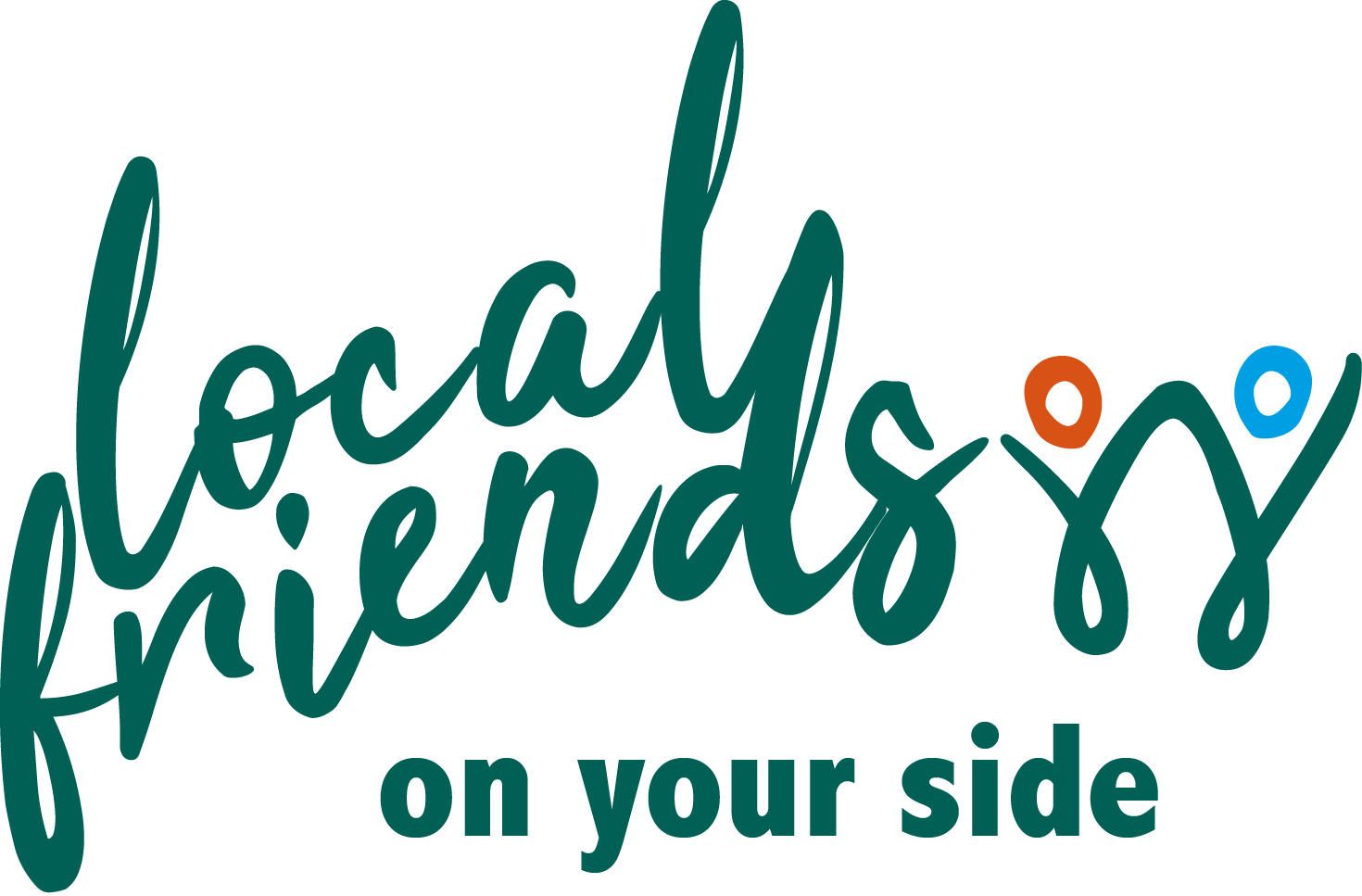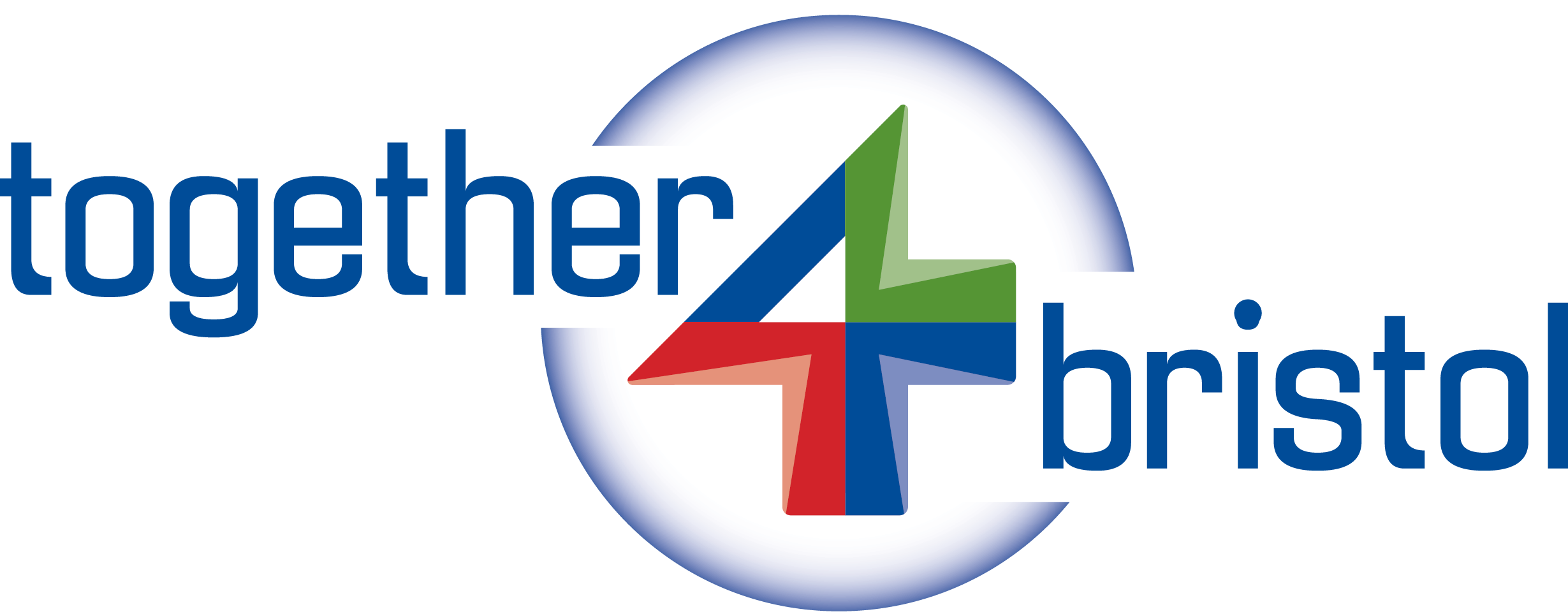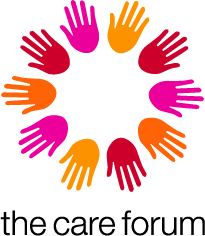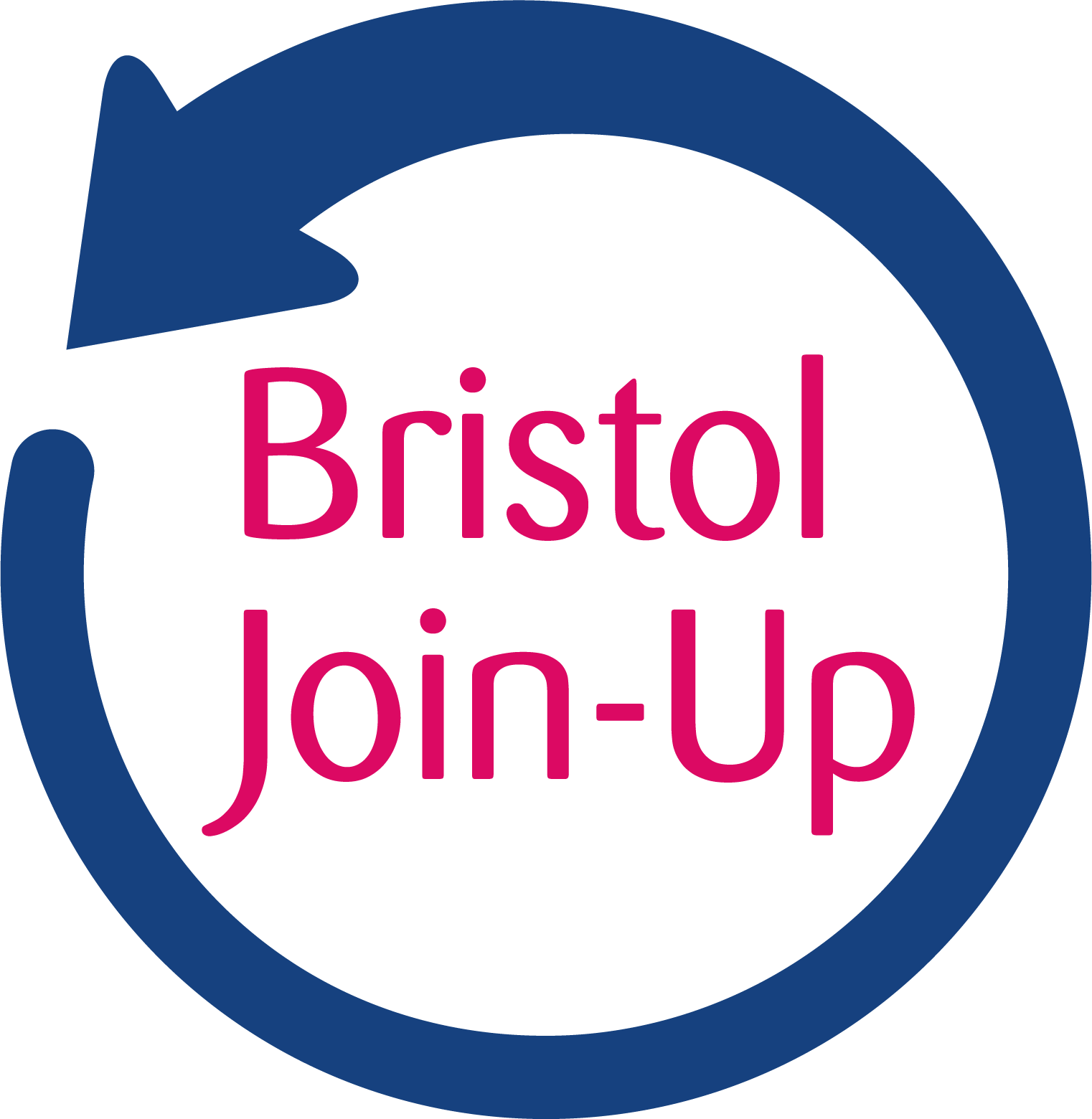Good Neighbours
Sea Mills & Coombe Dingle
Community Hub Review #2
9 August 2020
Introduction
Several groups have asked for feedback on what has happened over the past few months in Sea Mills and Coombe Dingle, so I contacted the volunteers and partners and asked them about their experience and reflections.
We currently have 20 people on the volunteer list, 16 of whom are ‘active’ in some sense, although this is expected to drop as people return to work or their everyday lives start up again in some fashion.
Of these 20 volunteers, 12 responded to the request (11 active, 1 inactive), all of whom have been involved in some kind of support activity through Can Do Bristol. We were explicitly asked to include activity which did not originate through Can Do Bristol, but most volunteers expressed some reluctance to talk about their ‘unofficial’ support activity, as it was ‘only a neighbour’ or ‘only a friend’.
From my previous contact with volunteers, I know that most of the remaining 8 have been engaged in support activity in a personal capacity, but they did not provide details, so none of that activity is included in the figures below. Some of them have not been officially asked to help anyone, other than the general ‘can anyone help this person?’ requests I circulated to the volunteers.
Context
Sea Mills and Coombe Dingle has the benefit of being a clearly defined community, entirely bounded by green spaces. There is a good number of active community groups, including Sea Mills Community Initiatives (who run the Café on the Square and the Community Garden), Sea Mills & Coombe Dingle Together (who have produced the Community Plan) and several churches with numerous groups open to the wider community.
The group with the greatest public community presence is probably the Café on the Square which, after the lockdown, continued to provide support to many of the people who had used the café through the relationships which had been established with the staff and volunteers.
People from the Council’s Community Development Team got in touch with a number of local groups early in April, to ask about the possibility of working with one of them to set up a community hub in the area. They arranged a Zoom meeting on 22 April with people from many of these local groups.
The Council wanted a community hub to which they could refer local requests for support which were coming through to Can Do Bristol. They wanted to establish this through a single community group which would work in partnership with the other community groups. It became clear that the group best placed to undertake this role was Sea Mills Community Initiatives.
The following day, the board of Sea Mills Community Initiatives met and agreed to undertake this role, with Paul Hazelden from Local Friends acting for them as the local coordinator and point of contact.
Hub Activity
The Community Hub set up some information pages on the Local Friends website, and a group page on Facebook, partly to provide another way for people to contact the hub and partly to as a way to provide regularly updated information without sending out group emails on a daily basis, at a time when individual needs, service provision and official guidance were all changing so rapidly.
A combined list of volunteers from the local groups and Can Do Bristol was established, with the local volunteers being guided through the process of signing up as a member of the Can Do Bristol Coronavirus Response Team; requests for support started to filter through, both from Can Do Bristol and from local contacts.
A few weeks later, the Council were approached by some volunteers from Avon Ladies Rugby Club, who were providing food to people in Lawrence Weston and were planning to leaflet the Sea Mills area to connect with the people who need food here. Sadly, it took some time to arrange the relevant meetings and, by the time everybody had talked about it, the general feeling was that this need had passed its peak, and leafletting the area was probably not worth the effort.
Through May, June and July requests for support were channelled through, with social contact (mostly phone calls) and shopping being the most common requests for regular support, while a large number of one-off and ‘emergency’ requests were also responded to. Strangely, just two requests for dog walking were received, from completely unrelated people, but they arrived within a few days of each other.
The Community Hub role involved a great deal of communication, both public (circulating local news, opportunities and requests), and individual. Sometimes the person asking for support was clear in their request, but at other times it took multiple attempts before what was being asked for was clear – this was particularly evident when shopping: sometimes you were told exactly what to look for, and what to do if it was not available, and sometimes the list just said ‘bread’.
Various aspects of volunteer support also took up considerable time, from dealing with the mechanics of a confusing sign-up process, through to the more difficult questions about what is expected, what is appropriate, and “Do you think they will mind if …?” And while almost all the support feedback actually received was very appreciative, some volunteers felt at times that they were being taken for granted, so it was helpful sometimes to remind them of the value of what they did.
Activity
It is hard to summarise all the various activities which have been reported, so the following is a compromise which seeks to balance the competing desires of being clear, concise and correct.
Each of the numbers used here refers to a ‘support activity’, which may be anything from a single support event (a request and a response) through to an activity happening each week and spanning several months. These are the activities reported by 12 volunteers.
We have a record of 85 support activities: 18 were shopping, 20 were social contact, 2 were dog walks and 45 were prescriptions and other ‘mercy missions’.
Shopping was done by 8 volunteers. Of the 18 shopping activities, 7 were weekly, 3 were fortnightly and 8 were one-off requests.
Social contact was provided by 7 volunteers. Of the 20 social contacts, 6 were weekly, 3 were fortnightly and 11 were single points of contact. The contact might be anything from a brief five or ten minute phone call just ‘touching base’ with the individual through to a socially distant face-to-face meeting lasting up to two hours. Most people providing support would always make of point of checking whether the individual had any practical support needs, in addition to the social contact.
Of the contacts which turned out to be one-off, a number of them had been received as requests for regular contact but, perhaps after a delay in passing the request on to us, we were sometimes told that the individual’s circumstance had changed and they no longer needed the support they had asked for. In each case, we assured them that they were very welcome to contact us directly if their circumstances changed again.
The 2 dog walks were undertaken by 2 different volunteers.
Prescriptions were collected and ‘mercy missions’ undertaken by 7 volunteers, with 27 of the 45 requests being met by just 2 of the volunteers. These were quite varied, although prescriptions were probably the most frequent request; they included some dentures which needed urgent repair, and a car which needed jump starting on two occasions. Most of this activity was undertaken at very short notice, with requests often being made for things to be collected ‘this afternoon’, or the next day.
I am delighted to say that we were able to respond to and fulfil every single request for support made to the hub, although I know that sometimes volunteers found themselves unable to help when the Council contacted them directly.
Reflections
The following feedback from volunteers has been slightly condensed and edited for greater grammatical consistency.
- One person being regularly visited does not have a telephone: it’s worth noting that whilst there is still plenty of digital exclusion, there still remain a few people who choose to avoid all technology of any sort!
- Getting up and running in the first place was perhaps the trickiest bit – thinking about the information, training and completion of documents. Once that was sorted, things have been smooth on the routine calls. The local support and coordination is appreciated.
- The experience has been mostly smooth, but at times perhaps a bit overwhelming as it seemed like I was being rung a couple of times a week by different people from the council with urgent responses, which had the potential to get a bit confusing. But overall I was happy to do my bit in trying to help out!
- One man I spoke to once on the phone assured me that all was well and that he would get back in touch if he needed anything. I feel that he was one of those who find it difficult to ask for help from strangers.
- One person had access to shopping deliveries locally and online but was asking for odd, very specific item of shopping every couple of days, and numerous runs to the Post Office to send returns of items purchased online but not wanted. I said I was very happy to shop for essential items, but did not want to make special journeys for things that could easily wait.
- I experienced numerous issues with the pharmacy not being able to locate items for one couple, and being told that something needed to be collected on a certain day, only to find that it wasn’t ready that day and I had to go back.
- All in all, I think that the Council did an absolutely fantastic job of coordinating this. But I do feel that perhaps the people who really needed it the most were the ones who didn’t shout about it and got the least help. The service was not put in place so that people with money and local family could use a volunteer to go shopping for very specific plants for their garden or flowers for their table. I was at one house, rushing around on my bicycle, when the son turned up in an expensive sports car for lunch.
- Well done to all of the amazing volunteers and coordinators, you’ve been fantastic. I’m sorry I haven’t been able to continue, but I have to pay the rent somehow!
- For the future, more thought needs to be put into checking who is volunteering: a DBS check only identifies someone who has been caught in the past, and in any case it does not touch many aspects of character and experience which are important here.
- One of my weekly shops is now irregular when she can’t get everything from her online shop.
- I felt like the different groups (emergency and non emergency) weren’t coordinating, so at one point I was getting contacted by different people from BCC on the same day with different referrals. It felt a bit busy when I knew there were people who had volunteered that were getting hardly any requests. Not a complaint, I’ve been happy to do as much as I could.
- I’ve loved being able to help, it’s given me a sense of purpose I needed, I felt like I was doing something productive to help and that made a difference, and I’ve met some lovely people I’ll probably stay in touch with.
- All the BCC people have been lovely to deal with.
- I also sent email newsletters to my walking group, with entertainment suggestions, bad jokes, and useful information. On one occasion we sent this out in print format to those members who don’t ‘do’ email.
- I found the council website fairly impenetrable: finding the right sections, filling in the forms right, sending back the right documentation.
- If the sign-up process was described somewhere on the council website, I didn’t find it.
- I think there’s an expectation that I will go back to the council website at regular intervals, but I don’t. I don’t feel a need to ‘connect’ with others who are also volunteering, and I’m not particularly interested in what other opportunities there might be for me to volunteer elsewhere.
- There’s also an increasing assumption that everyone can access anything, as long as it is available online. This is very dangerous. Yes, I read the weekly Coronavirus emails from Bristol City Council, and I see these emails repeated on NextDoor, but I know quite a few people who don't do email at all, a few more who have an email address but never read their email, and even more who have an email address but remain blissfully unaware that BCC sends out a weekly email. I don’t have an immediate answer to this, but I do think it is worth seeing if a register can be maintained (GDPR limitations permitting!) of those in our society who remain digitally disconnected, and who need to be contacted by post, leaflet drops or phone – bearing in mind that not everyone has or is able to use a phone. I can quite see that a weekly contact with these people might be too much, but might it be possible to create something like ‘street bubbles’ where ‘champions’ disseminate information to their neighbours? The difficulty, of course, is that you never know how well it’s working until you find out it’s not!
Any comments and feedback to Paul Hazelden.



